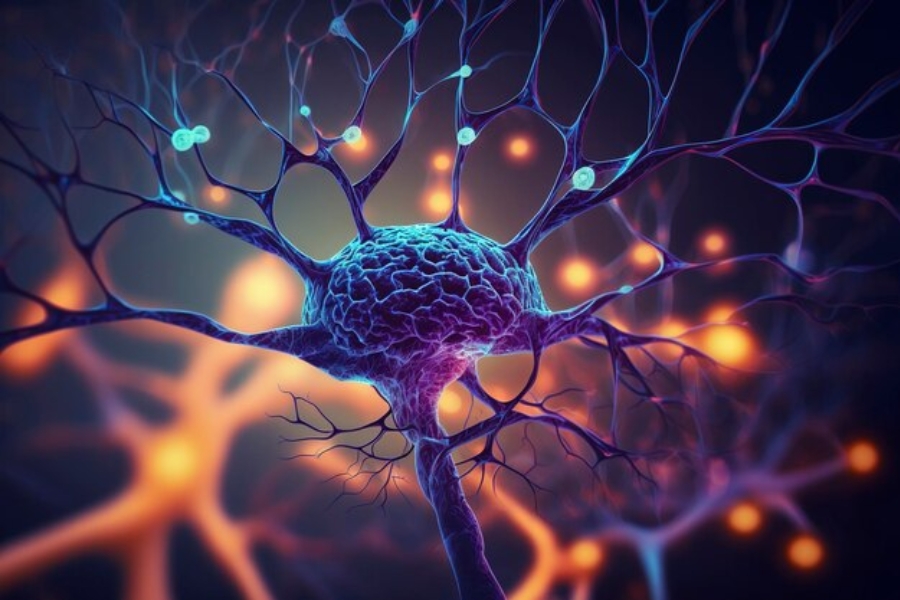
A mild brain stroke, also known as a transient ischemic attack (TIA), is a warning sign that should never be ignored. Understanding innovative recovery treatments and practical caregiving strategies is crucial to improve outcomes and prevent future strokes. Let’s dive into effective approaches tailored for patients and caregivers.
Effective Stroke Recovery Starts with Timely Care
Acting swiftly after a mild brain stroke can significantly impact recovery. Timely medical care not only minimizes damage but also lays the groundwork for long-term recovery. This phase is crucial as it sets the stage for regaining lost functions and preventing complications.
Understanding the Role of Rehabilitation
- Neuroplasticity in Recovery: The brain’s ability to rewire itself is vital for regaining lost functions. Therapies that promote neuroplasticity, such as repetitive task training, can help restore motor skills and cognitive abilities, making daily tasks manageable again.
- Multidisciplinary Therapy: Combining physical, occupational, and speech therapies ensures a comprehensive recovery approach tailored to the patient’s needs. This collaboration between specialists addresses multiple aspects of recovery simultaneously.
- Technological Advancements: Innovations like robotic-assisted rehabilitation and virtual reality therapy offer engaging and effective ways to enhance motor skills and cognitive functions. These technologies make therapy sessions interactive and goal-oriented, boosting motivation.
Preventing Future Brain Strokes
- Lifestyle Adjustments: Incorporating heart-healthy habits, such as a balanced diet and regular exercise, is essential to prevent recurrence. Activities like yoga or brisk walking can significantly improve cardiovascular health.
- Medication Management: Blood thinners and statins prescribed by healthcare providers reduce the risk of subsequent strokes. Adhering to the prescribed regimen ensures optimal prevention.
- Monitoring Underlying Conditions: Managing conditions like hypertension and diabetes is key to minimizing stroke risks. Regular check-ups and maintaining a stable health routine play a vital role in prevention.
Psychological Support in Stroke Recovery
- Coping with Emotional Changes: Anxiety and depression are common after a stroke. Regular counseling and support groups can help patients navigate these challenges, offering emotional relief and practical coping strategies.
- Mindfulness and Relaxation Techniques: Practices like meditation and breathing exercises can improve mental well-being and reduce stress levels. These techniques are simple yet effective in promoting holistic recovery.
- Engaging in Meaningful Activities: Encouraging patients to pursue hobbies or light activities they enjoy can improve mood and foster a sense of purpose during recovery.

Caregiver Tips for Effective Stroke Recovery
Caregivers play an indispensable role in a patient’s recovery journey. Equipping them with the right tools and knowledge can ensure better outcomes and a smoother experience for both parties.
Supporting Daily Activities
- Assisting with Mobility: Simple tools like grab bars and walkers can help patients regain independence while staying safe. These aids reduce the risk of falls and boost confidence.
- Encouraging Independence: Allowing patients to participate in daily tasks, even partially, fosters confidence and accelerates recovery. Small achievements in self-care can be highly motivating.
- Maintaining Consistency: Establishing routines provides a sense of normalcy and reduces confusion. A predictable schedule can help patients feel more secure and focused on recovery.
Communication and Emotional Care
- Patience in Communication: Use clear and simple language to help patients with speech difficulties express themselves. Visual aids or gestures can also be helpful in improving understanding.
- Recognizing Emotional Needs: Listen actively and provide reassurance to ease feelings of frustration or sadness. Being empathetic creates a supportive environment for healing.
- Celebrating Progress: Acknowledging small milestones can motivate both the patient and caregiver. Recognizing efforts, no matter how minor, builds positivity and resilience.
Self-Care for Caregivers
- Setting Boundaries: Taking breaks and seeking help when needed prevents caregiver burnout. It’s important to prioritize one’s own well-being while caring for another.
- Seeking Professional Guidance: Joining caregiver support groups or consulting professionals can provide much-needed resources and relief. Sharing experiences with others can offer practical advice and emotional support.
- Focusing on Wellness: Staying physically and mentally healthy enables caregivers to provide the best support. Balanced nutrition, exercise, and stress management are essential.
Conclusion
Recovering from a mild brain stroke is a journey that requires a well-rounded approach involving medical treatments, innovative therapies, and dedicated caregiving. By focusing on neuroplasticity, preventive measures, and caregiver support, patients can achieve significant recovery milestones. For caregivers, equipping themselves with knowledge and self-care practices ensures they can provide the best assistance. Remember, early intervention and proactive care are the keys to thriving after a mild brain stroke.

